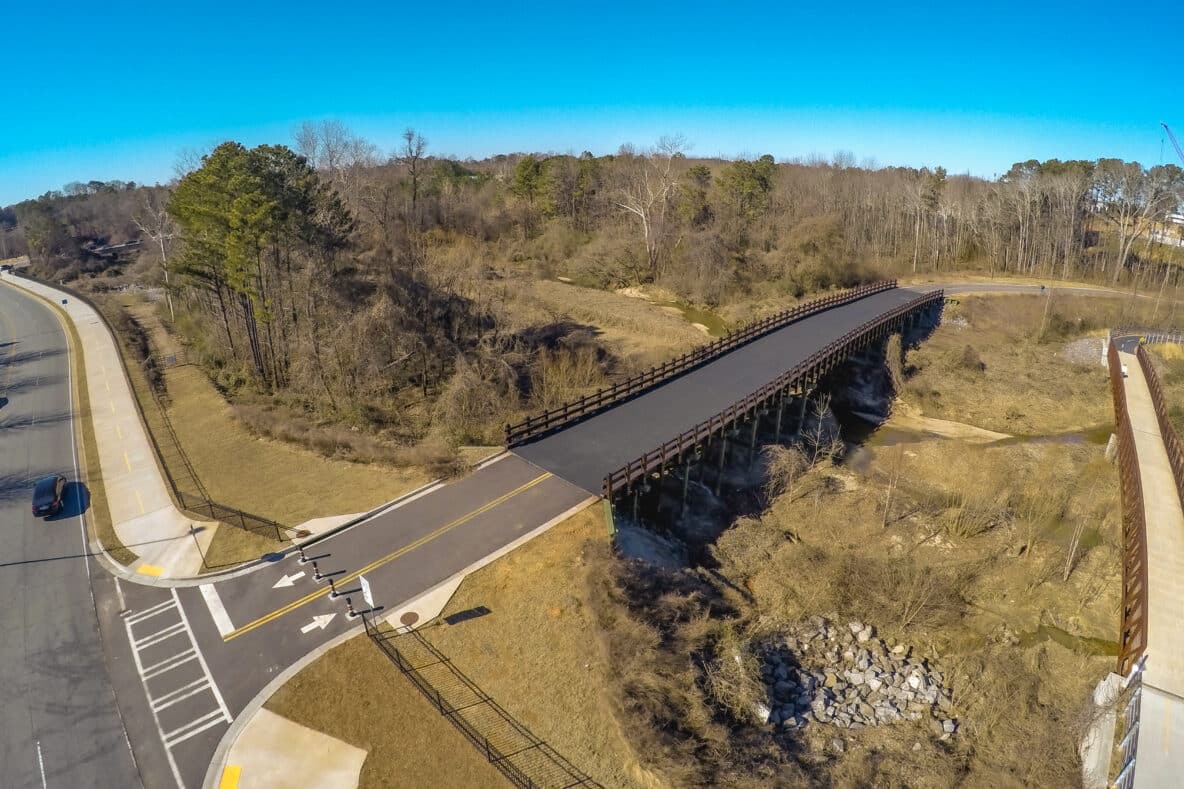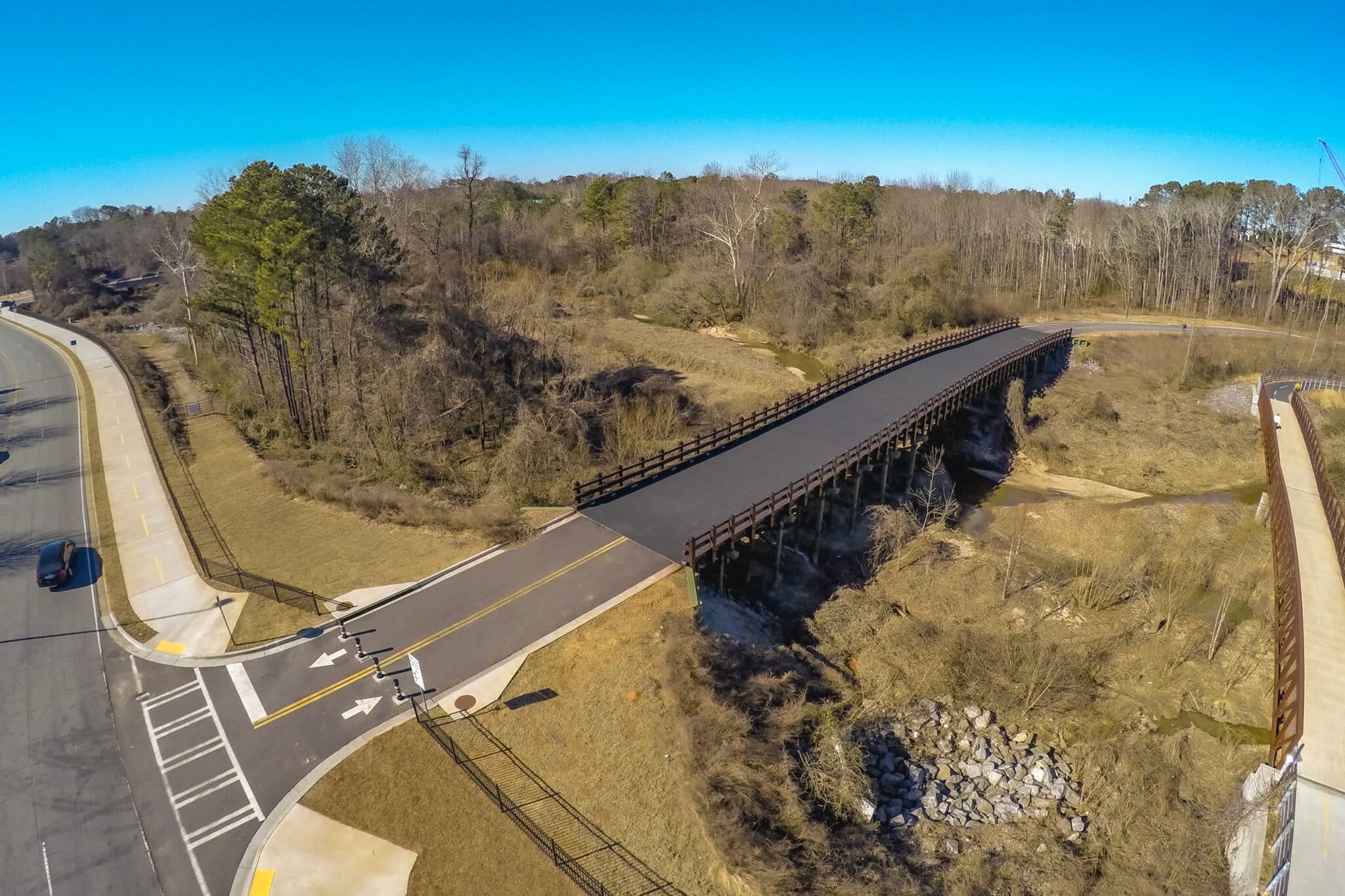
Wood vs. Concrete Bridges: Which One Meets Your Needs?
In the modern age of infrastructure, bridges play a vital role in connecting communities, supporting commerce, and facilitating the movement of people and goods. Two of the most common materials used in bridge construction are wood and concrete. Each material offers distinct advantages depending on the use case, but for a variety of reasons—including environmental impact, aesthetics, cost, and efficiency—wood bridges, particularly those designed by York Bridge Concepts (YBC), are gaining traction as an eco-friendly and visually appealing alternative to their concrete counterparts.
York Bridge Concepts is a leader in the design and construction of premium timber bridges, renowned for their sustainable approach and innovative solutions. In this blog post, we will delve deep into the comparison between wood bridges and concrete bridges, focusing on the environmental benefits, construction efficiency, and long-term value of YBC's premium wood bridges.
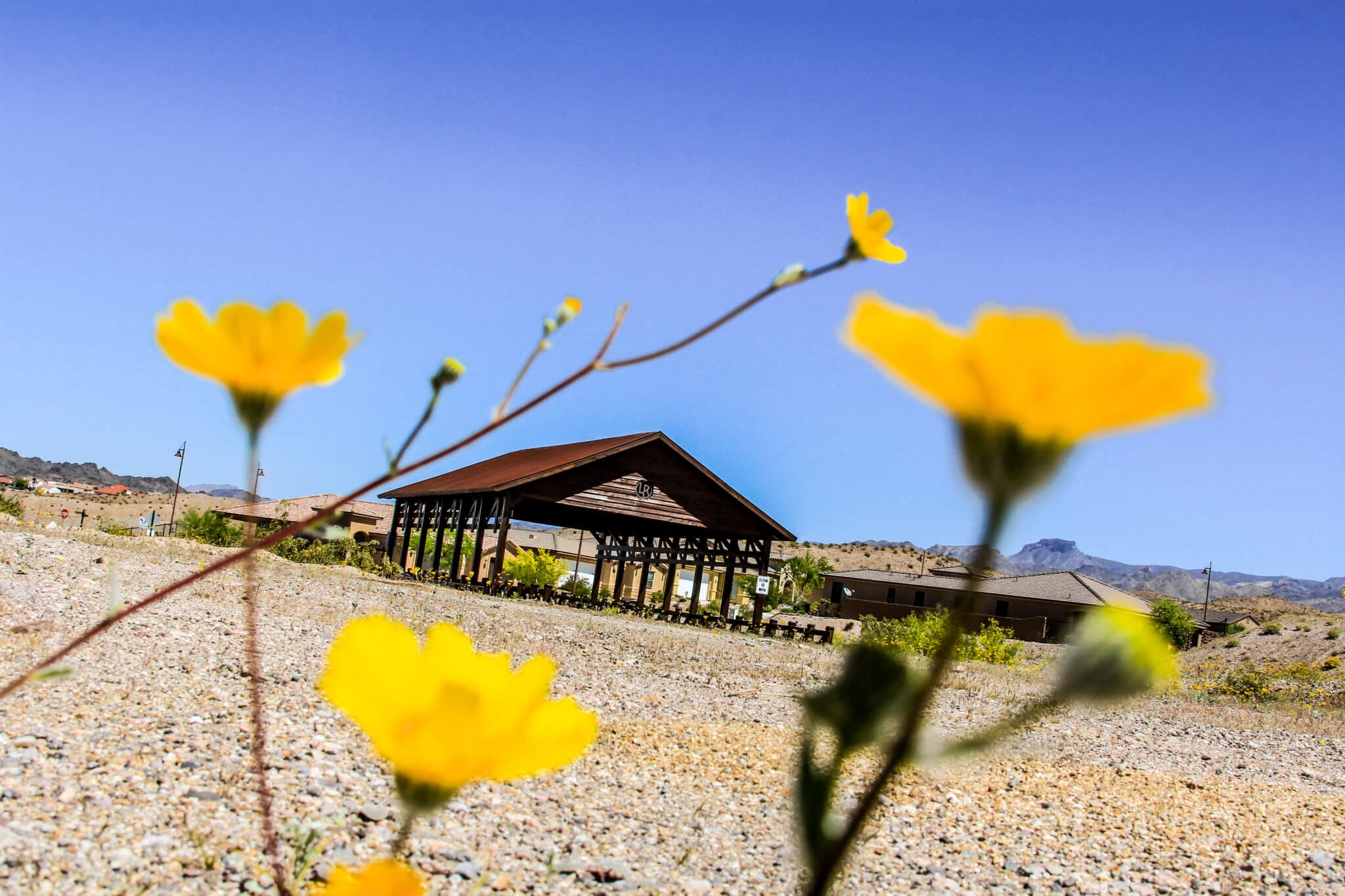
Showcasing The Environmental Benefits of Wooden Bridges
One of the most significant factors differentiating wood bridges from concrete bridges is their environmental impact. As sustainability becomes a more critical concern in the construction industry, wood bridges are emerging as the greener option. Let’s break down why.
Renewable Material
Wood is a naturally renewable resource, meaning that with proper forest management, trees can be harvested and replanted in a sustainable cycle. Concrete, on the other hand, is made from non-renewable materials such as limestone, clay, and sand, and its production contributes significantly to global CO2 emissions.
- Carbon Sequestration: Trees absorb CO2 from the atmosphere as they grow, and wood used in bridges continues to store that carbon, offsetting the carbon footprint of the bridge's construction. In contrast, the production of concrete is responsible for approximately 8% of global CO2 emissions due to the energy-intensive nature of cement manufacturing.
1
Cubic Meter of Wood
(3'x3'x3' Wood Cube)
stores
2,204.6
Pounds of CO2
(A Hot Air Balloon)
Forest Products Laboratory and U.S. Department of Agriculture (USDA) reports
CONCRETE IS RESPONSIBLE FOR
8%
OF GLOBAL CO2 EMISSIONS
1 TON OF CONCRETE EQUALS
1:1
1 TON OF CO2 EMISSIONS
Global Cement and Concrete Association and environmental studies on the cement industryre (USDA) reports
Lower Energy Consumption
The energy required to harvest, process, and transport wood is considerably lower than that needed for producing and transporting concrete. This reduction in embodied energy makes wood bridges a more eco-friendly choice throughout their lifecycle.
Biodegradability and Recyclability
At the end of its lifespan, wood is biodegradable and can be recycled or repurposed, whereas concrete demolition creates vast amounts of waste that often ends up in landfills.
Minimal Impact on Natural Habitats
Wooden bridges, especially those designed by YBC, can be constructed with a minimal footprint. The lightweight nature of timber structures means that construction can be carried out with less disruption to surrounding ecosystems compared to the heavy machinery required for concrete bridge construction.
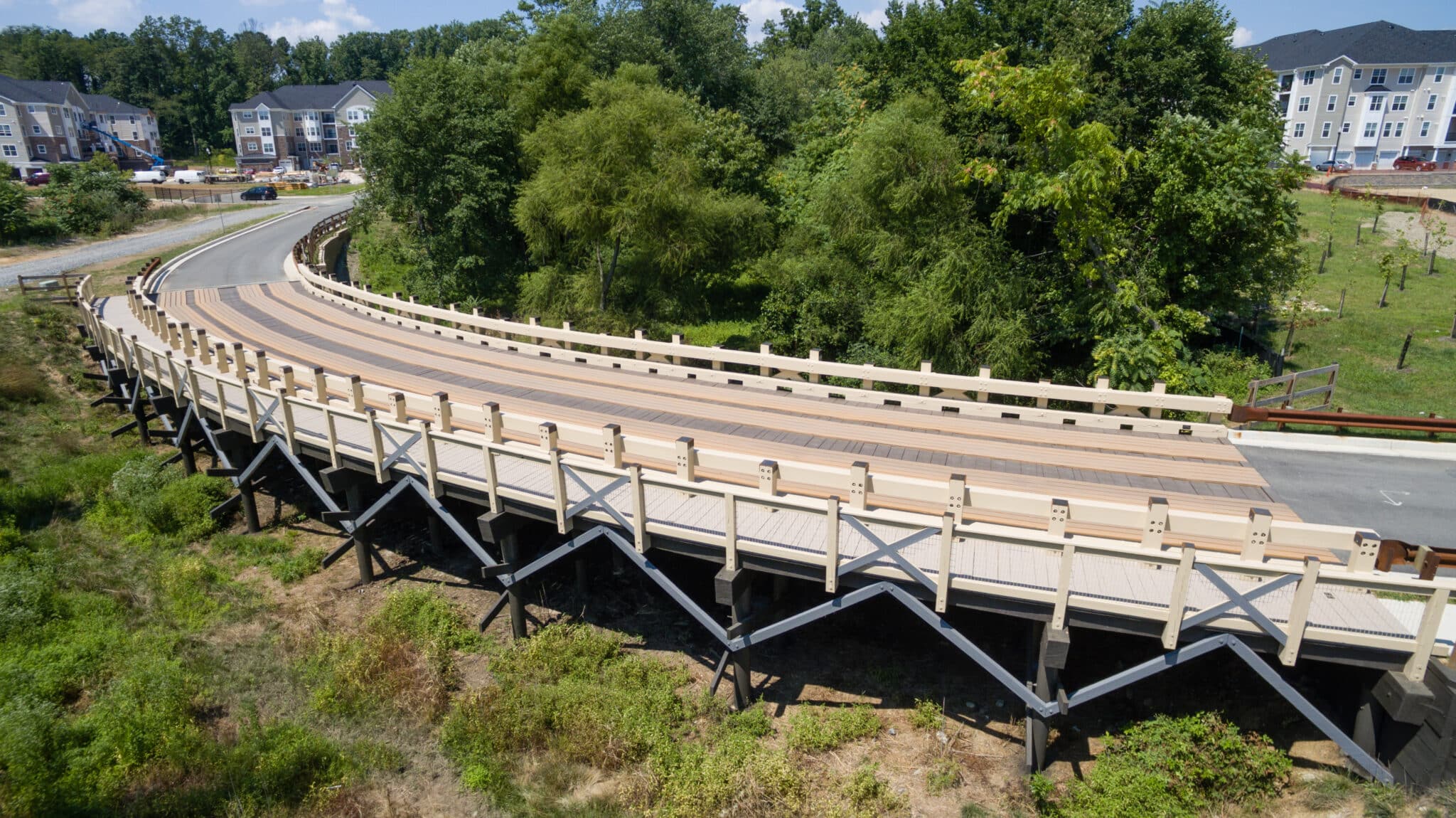
Cost Comparison: Wood Bridges vs. Concrete Bridges
Cost is always a critical factor in bridge construction projects. While the initial investment in a bridge may seem straightforward, long-term costs related to maintenance, repair, and lifespan must also be considered.
Lower Initial Construction Costs
In general, wood bridges have lower initial construction costs than concrete bridges. Timber is more affordable as a raw material, and its lightweight nature reduces the need for extensive foundation work, which is often required for heavier concrete structures. YBC has mastered the design and construction process of timber bridges, further optimizing costs and delivering high-quality structures without breaking the bank.
- The data showing that wood requires 10-20 times less energy to produce than concrete can be found in lifecycle assessment (LCA) studies of building materials, such as those published by Athena Sustainable Materials Institute and other environmental product declaration databases for construction materials.
wood bridge construction time
50%
faster than concrete
transportation of wood is
60%
less expensive than concrete
National Cooperative Highway Research Program (NCHRP).
Lower Transportation and Installation Costs
Because timber components are lighter than concrete, transporting them to the construction site is less expensive. Additionally, wooden bridge components can be pre-fabricated offsite and then assembled quickly and efficiently, reducing labor costs and overall project timelines.
Long-Term Cost Efficiency
Though concrete bridges may appear more durable in some cases, they are prone to cracking, spalling, and other forms of degradation over time, often requiring expensive repairs or even complete replacement. Wooden bridges designed by YBC have a long lifespan (over 75 years) with proper maintenance, and their components are often easier and cheaper to repair or replace than those of concrete structures.
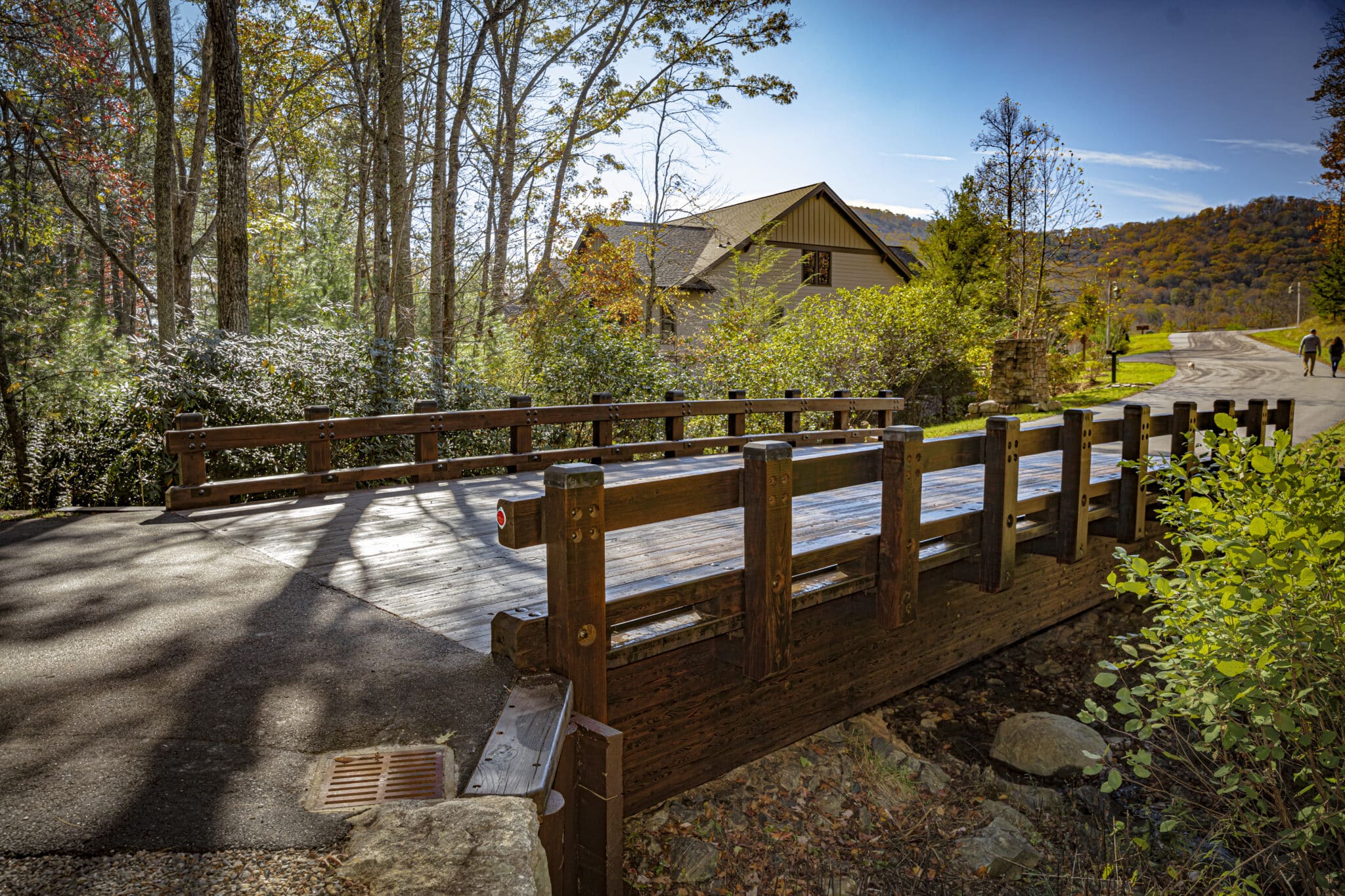
Aesthetic Appeal of Wooden Bridges
Beyond their environmental and cost advantages, wooden bridges offer a unique aesthetic appeal that cannot be matched by concrete structures. YBC wood bridges are not just functional—they are works of art that enhance their surroundings.
Natural Integration
Wood bridges have a natural beauty that allows them to blend seamlessly into their environments. Whether crossing a serene stream or spanning a ravine in a forest, timber bridges complement the natural landscape, enhancing rather than detracting from the scenery.
- Warm, Organic Feel: The organic texture and warm hues of wood create an inviting atmosphere, making these bridges ideal for parks, nature trails, residential communities, and other areas where aesthetics are a priority.
Architectural Flexibility
YBC's expertise in wood bridge design enables the creation of structures that are both functional and beautiful. Wood is a versatile material that can be shaped, stained, or painted to fit any design concept, offering flexibility in achieving unique architectural visions that might not be feasible with concrete.
Community and Cultural Value
Wooden bridges often hold historical or cultural significance in certain communities, adding to their appeal. Concrete bridges, while utilitarian, lack the charm and character that wood bridges provide. YBC’s custom designs capture the spirit of their surroundings, creating landmark bridges that residents and visitors alike can appreciate.
75%
American Institute of Architects Survey shows a preference for more natural materials from market research.
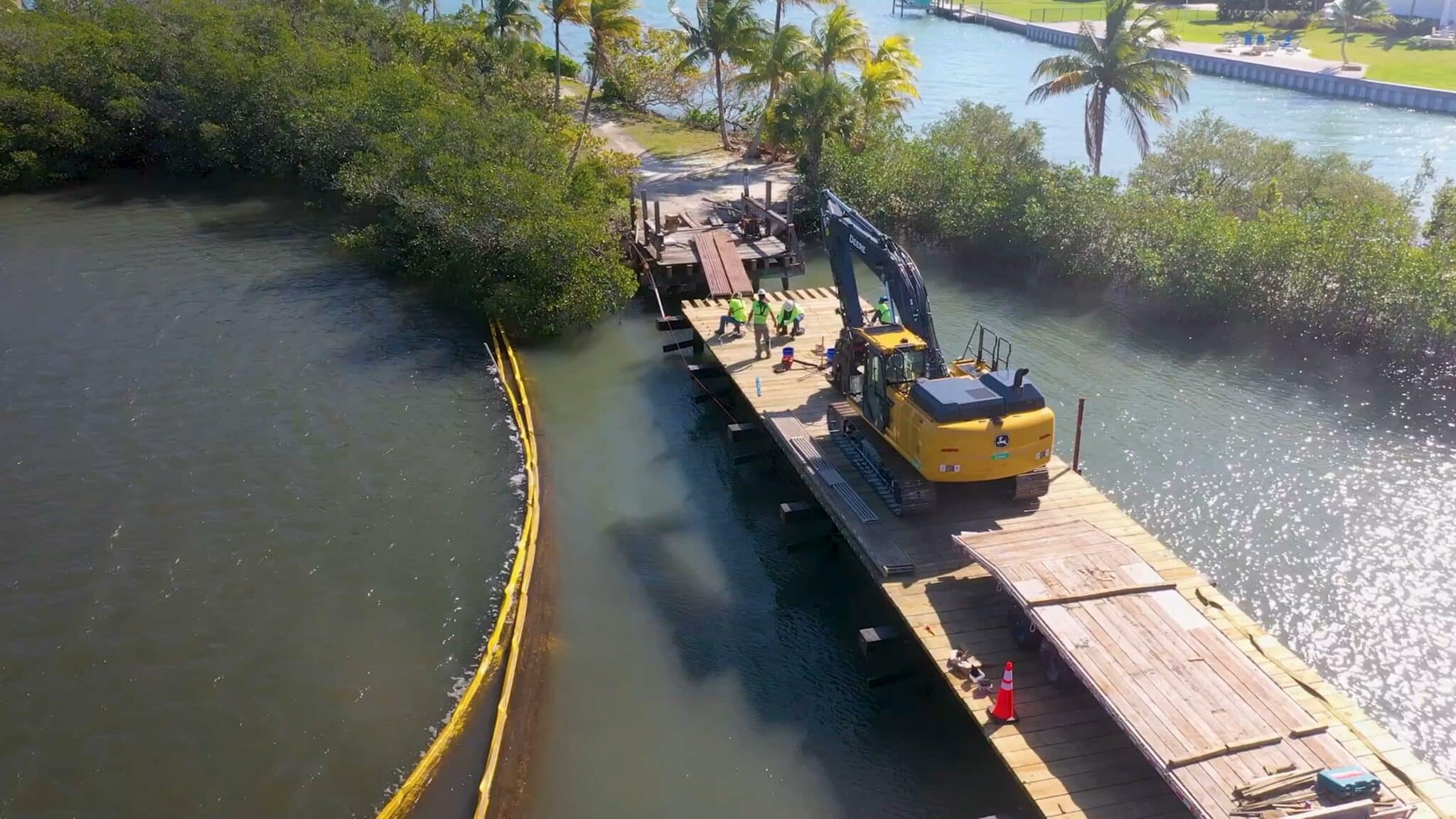
Efficiency in Construction: Timber Bridges vs. Concrete Bridges
One of the primary advantages of wood bridges is the efficiency in construction time. Building a timber bridge takes significantly less time compared to a concrete bridge, translating to cost savings, less environmental disturbance, and quicker project completion.
Faster Construction Timelines
- On-Site Construction Advantage: YBC specializes in On-Site Construction of wooden bridges. By building on-site we are more agile to handle site challenges.
- Weeks, Not Months: A typical wooden bridge can be built in a matter of weeks, whereas a concrete bridge might take months or even years to complete due to the complexity of formwork, curing times, and the heavier machinery required for construction.
Minimal Disruption to the Surrounding Area
Due to their quicker assembly and lighter weight, wood bridges cause far less disruption to the surrounding area with our Sustainable Construction Methods. This is particularly advantageous for sensitive ecosystems or areas with heavy human traffic, where long construction timelines can cause inconvenience and ecological damage.
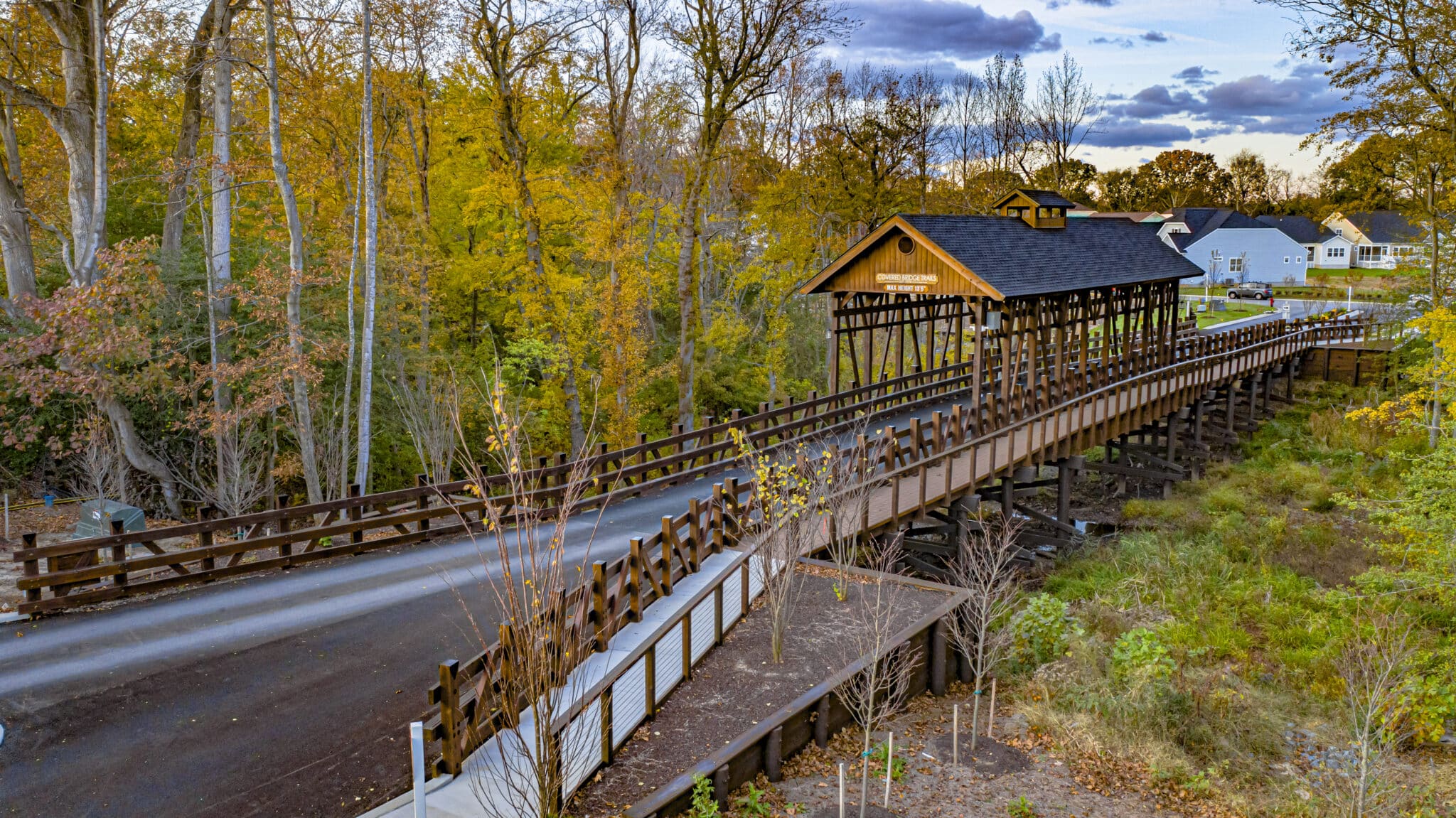
Longevity and Maintenance: Wood Bridges vs. Concrete Bridges
A common misconception is that concrete bridges last longer than wood bridges. However, with advancements in wood treatment and design, YBC bridges boast a lifespan that rivals or exceeds that of concrete structures.
Longevity of YBC Wooden Bridges
YBC designs its bridges with a lifespan of over 75 years. By using high-quality, pressure-treated timber and innovative preservation techniques, YBC ensures that its bridges stand the test of time. Properly maintained wood bridges can resist rot, insect damage, and weathering for decades.
Simpler, Less Expensive Maintenance
- Easier Repairs: In the event of damage, wood bridges are generally easier and less expensive to repair than concrete bridges. Individual wooden components can be replaced without the need for heavy machinery, reducing downtime and disruption.
- Concrete Maintenance Costs: Concrete, while durable, is prone to cracking, spalling, and erosion. These issues require costly maintenance and often necessitate the use of specialized equipment and labor, leading to higher long-term expenses.
Preservation and Treatments
Modern wood preservation techniques, such as the application of protective coatings and the use of pressure-treated timber, have significantly improved the durability and lifespan of wooden bridges. YBC uses these advanced treatments to protect its bridges from moisture, UV exposure, and biological threats like fungi and insects.
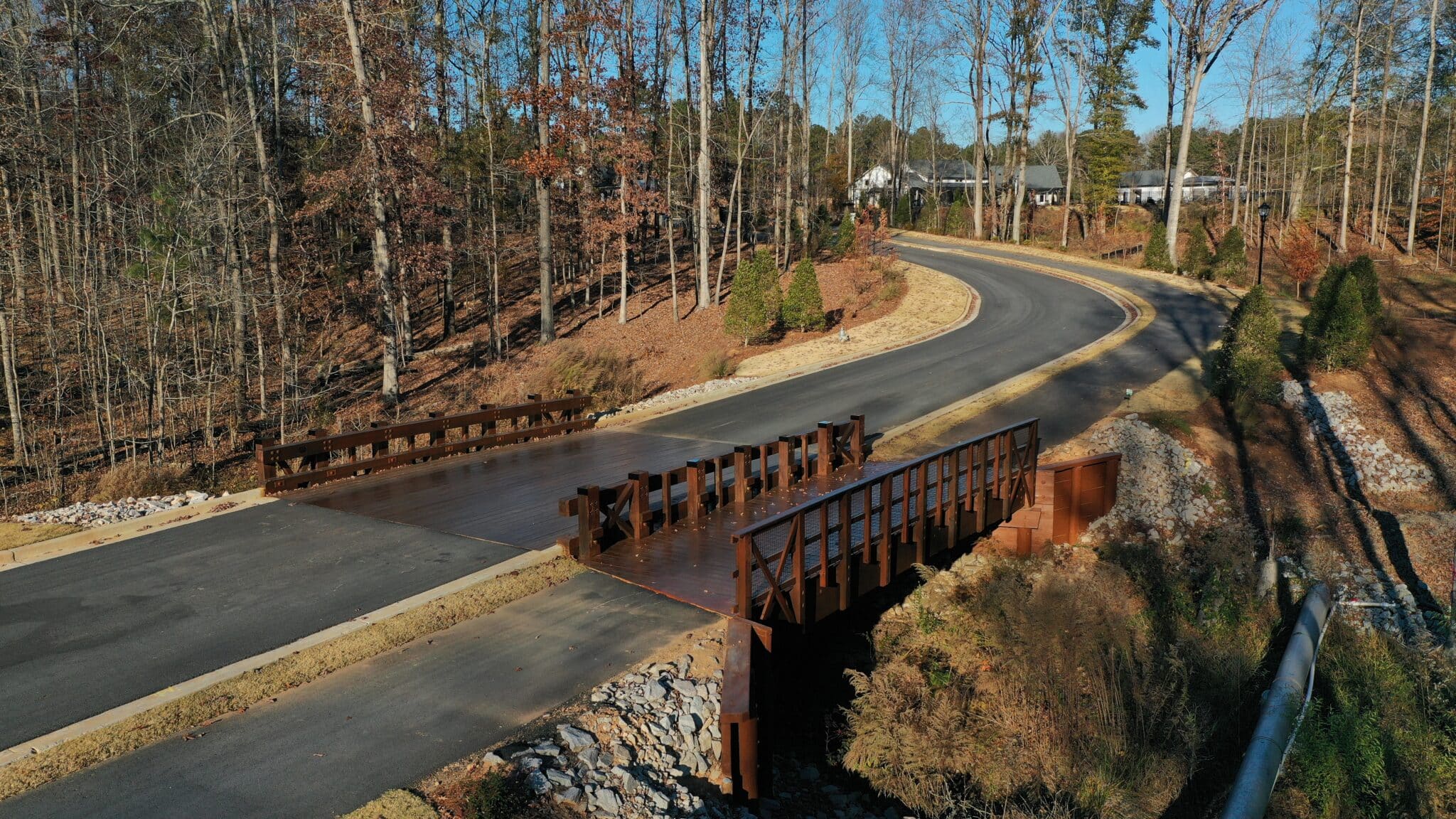
Common FAQs: Wooden Bridges vs. Concrete Bridges
How long do wooden bridges last compared to concrete bridges?
YBC’s wooden bridges are designed to last over 75 years with proper maintenance, making them comparable in lifespan to many concrete bridges. While concrete bridges can also last for decades, they are more prone to degradation from environmental factors, requiring costly repairs over time.
Are wooden bridges more expensive than concrete bridges?
No, wooden bridges are typically more affordable than concrete bridges in terms of initial construction costs, transportation, and installation. Additionally, YBC’s prefabricated wooden bridges reduce labor and material costs, making them a cost-effective option.
What are the environmental advantages of wooden bridges?
Wooden bridges are made from renewable materials, have lower embodied energy, and produce less waste than concrete bridges. They also sequester carbon and cause less environmental disruption during construction.
Is it true that wooden bridges require more maintenance than concrete bridges?
Not necessarily. While wood does require routine maintenance, modern wood treatments and design innovations have made wooden bridges highly durable. Concrete bridges, although strong, can develop structural issues over time that require expensive repairs.
How long does it take to build a wooden bridge?
YBC wooden bridges can typically be built in a matter of weeks due to the efficiency of pre-fabrication and lightweight materials. In contrast, concrete bridges often require months or even years to complete.
Wood Bridges: A Viable Solution
When it comes to the choice between wood bridges and concrete bridges, wooden bridges, particularly those designed by York Bridge Concepts, offer a compelling array of advantages. They are environmentally sustainable, cost-effective, aesthetically pleasing, and can be constructed more efficiently than their concrete counterparts. Additionally, with modern treatments and innovative design techniques, YBC wooden bridges are built to last, providing communities with beautiful, durable, and eco-friendly infrastructure for decades to come.
Create Your Legacy Today
Discover the intersection of strength, durability, and environmental responsibility with York Bridge Concepts. Let's build a bridge to the future together.

